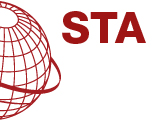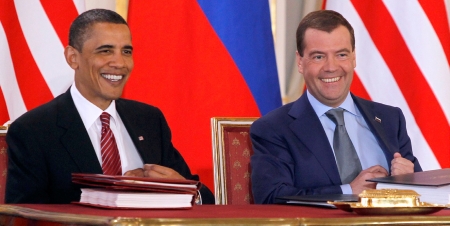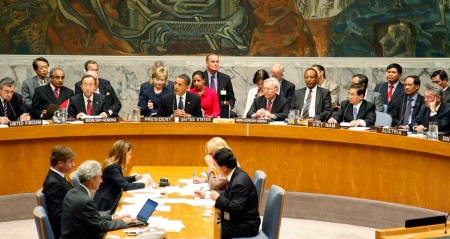From the latest CSS Analysis in Security Policy:
 “The decline of conscription is a key element in the transformation of European armed forces since the end of the Cold War. The majority of EU member states have introduced professional all-volunteer forces (AVFs). The reasons for this trend are both military and societal. Given today’s geostrategic environment and the resulting task spectrum of European armed forces, the shift to AVFs is a logical development. The transition, however, requires a range of thought-out measures to secure appropriate recruitment levels and make the armed forces competitive on the labour market.”
“The decline of conscription is a key element in the transformation of European armed forces since the end of the Cold War. The majority of EU member states have introduced professional all-volunteer forces (AVFs). The reasons for this trend are both military and societal. Given today’s geostrategic environment and the resulting task spectrum of European armed forces, the shift to AVFs is a logical development. The transition, however, requires a range of thought-out measures to secure appropriate recruitment levels and make the armed forces competitive on the labour market.”
Download “To Draft or Not to Draft? Conscription Reform in the EU” by CSS Researcher Aleksandra Dier from Strategic Trends Analysis (STA).




